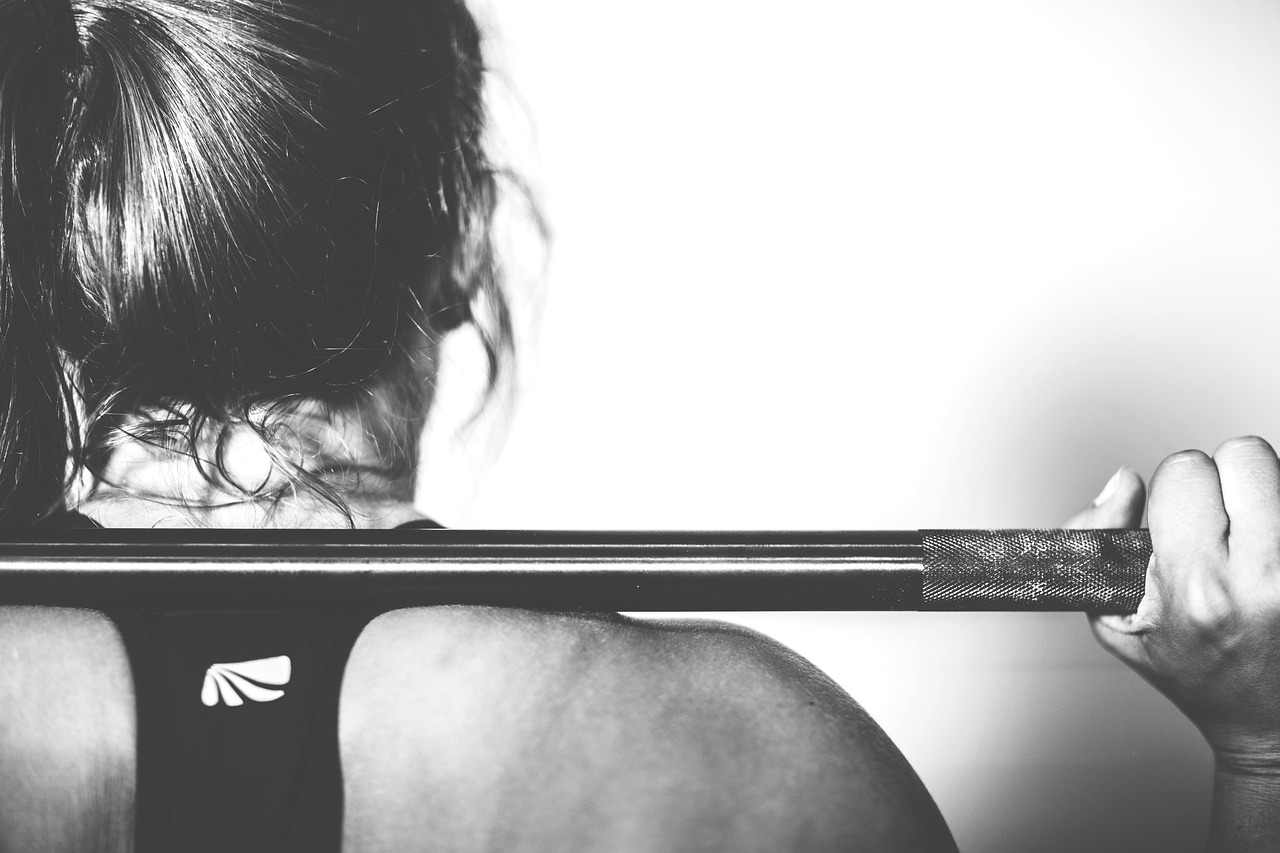Building muscle isn’t rocket science, but it does require a clear understanding of the key factors that drive hypertrophy. Too often, gym-goers focus solely on lifting heavy weights without considering the nuances of progressive overload, caloric excess, and rest. Each of these components plays a crucial role in muscle development, and neglecting even one can hinder your progress significantly. Let’s break these factors down, so you can maximize your efforts and achieve your goals more efficiently.
Progressive Overload: The Foundation of Growth
Progressive overload is the cornerstone of muscle building. It involves gradually increasing the workload on your muscles to encourage adaptation and growth. When you lift weights, you create micro-tears in your muscle fibers. Your body repairs these tears by rebuilding the fibers stronger and larger. However, this adaptation only occurs if you consistently challenge your muscles with heavier loads or increased volume over time.
The formula for workload is simple: weight lifted multiplied by the number of reps and sets. If you consistently increase one or more of these variables, your muscles will continue to adapt. Failing to do so leads to stagnation, often referred to as "plateauing." To avoid this, aim for incremental progress—whether it’s adding an extra rep, a slight increase in weight, or even adjusting your rep tempo to add intensity. Progressive overload doesn’t just build muscle; it also improves your neuromuscular efficiency, helping you recruit more muscle fibers during each lift.
Caloric Excess: Fueling the Machine
Muscle building requires energy, and this energy comes from the food you consume. A caloric surplus—eating more calories than your body needs to maintain its current weight—is essential for muscle growth. Without this surplus, your body lacks the resources to repair and build muscle tissue effectively.
Determining the right caloric intake depends on various factors, including your body type, metabolic rate, and activity level. For most people, consuming 20 times their body weight in calories is a good starting point, but this number may need adjustment based on individual differences. Ectomorphs, for example, often require more calories due to their fast metabolism, while mesomorphs may need slightly less.
Protein is another critical component of a muscle-building diet. Aim for 1.5 to 2 grams of protein per pound of lean body mass, depending on your training intensity and experience level. While some lifters advocate for higher protein intakes, it’s generally unnecessary as long as your carbohydrate intake is sufficient to spare protein for muscle repair rather than energy production. Quality carbohydrates and healthy fats also play essential roles in supporting muscle growth and overall health.
Rest: Where the Magic Happens
The gym is where you create the stimulus for growth, but rest is where the magic happens. Without adequate rest, your body doesn’t have the opportunity to repair and rebuild muscle tissue, which is critical for hypertrophy. Rest isn’t just about avoiding overtraining; it’s about giving your body the time and resources it needs to recover fully.
Muscle recovery typically takes around 72 hours, though this can vary based on the intensity of your workouts and your individual recovery capacity. Beginners may find they can train a muscle group multiple times per week, while advanced lifters with higher training volumes may need a full week between sessions for a given muscle group. Listen to your body; if your muscles are still sore or your joints feel fatigued, give yourself more time to recover.
Sleep is a vital component of rest. Aim for 7-8 hours of quality sleep per night to optimize recovery. During deep sleep, your body releases anabolic hormones such as growth hormone, which play a crucial role in muscle repair and growth. Irregular sleep patterns can disrupt your circadian rhythm, leaving you feeling tired and hindering your performance in the gym. Prioritize a consistent sleep schedule to maximize your recovery efforts.
Balancing the Three Factors
Building muscle is all about balance. Progressive overload, caloric excess, and rest work synergistically to create an environment where your body can grow stronger and more muscular. Neglecting any one of these factors can derail your progress, no matter how hard you work in the gym.
For instance, lifting heavy without proper nutrition is like trying to build a house without enough bricks. Similarly, eating a caloric surplus without exercising will lead to fat gain rather than muscle growth. And pushing yourself in the gym without allowing for adequate recovery will eventually lead to burnout or injury.
The Science Behind Success
Understanding the science of muscle building empowers you to make informed decisions about your training and nutrition. Research consistently shows that a combination of progressive overload, adequate caloric intake, and proper rest yields the best results. By focusing on these core principles, you can cut through the noise of fitness myths and fads and stay on track toward your goals.
Ultimately, building muscle requires patience, consistency, and a willingness to learn and adapt. Embrace the process, and remember that every workout, every meal, and every hour of sleep brings you one step closer to your ideal physique.












